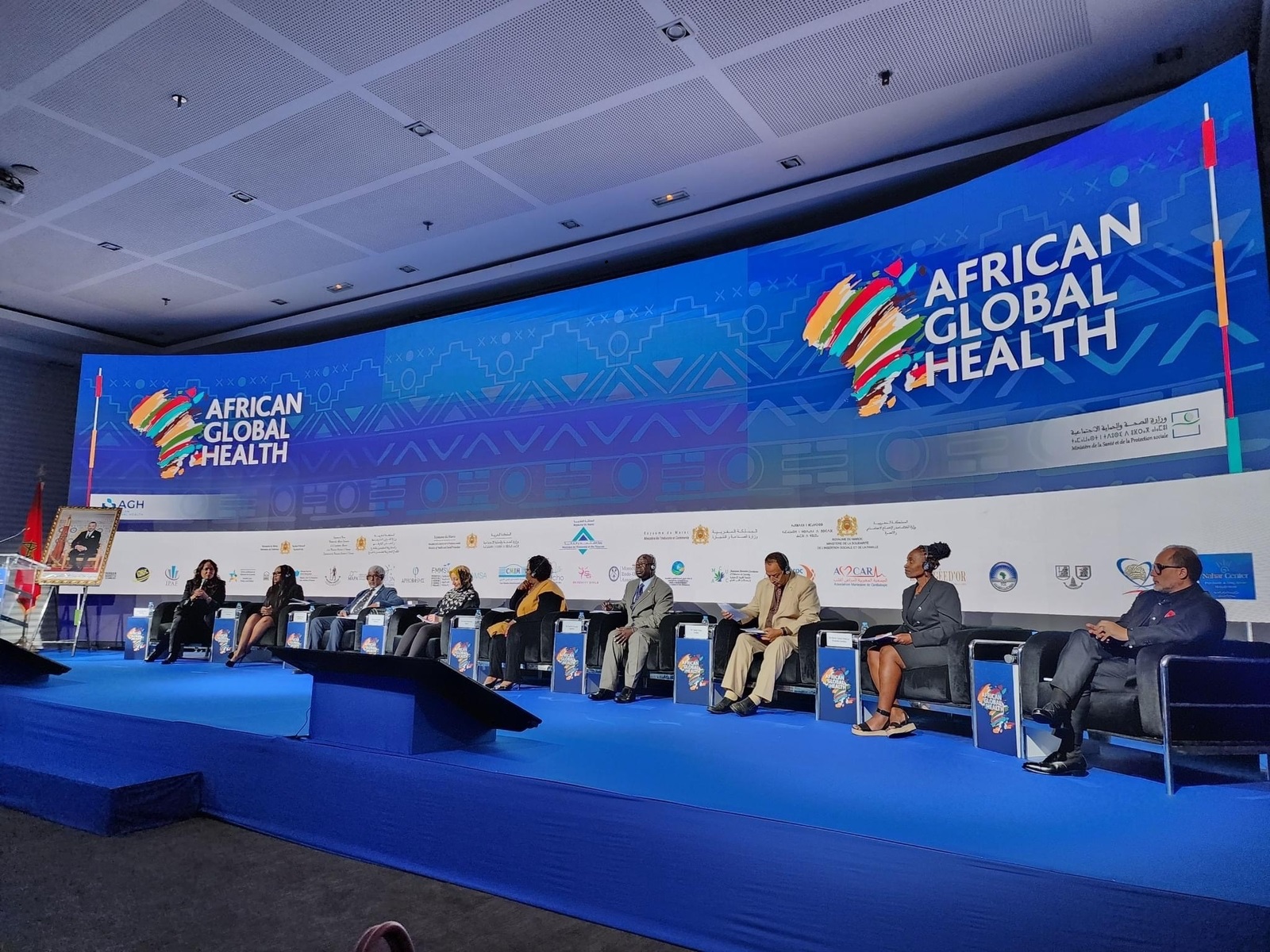Marcia Zali
The 2023 health agenda will be dedicated to building a stronger and more credible continental body that will be people-centred.
This is according to the interim vice-president of the first Africa Global Health (AGH) science committee, professor Morgan Chetty.
Speaking at the launch of the Africa Global Health (AGH) science committee, professor Morgan Chetty., which was held in Casablanca, Morocco, on 22 December, Chetty said that it was about time that there was a unified body that would lay the foundation for a common continental policy for public health and social protection.
But before this could be possible, the AGH would need to be endorsed by continental and global bodies like the African Union (AU), Africa Centre for Disease Control (Africa CDC), and the World Health Organisation (WHO).
“If we get endorsement by the African Union and the WHO, this will give us more credibility for the countries in Africa to participate in, so we are going to spend 2023 trying to get endorsement in Africa by the WHO and the AU,†Chetty said.
Once endorsed by these bodies, each country will be given an opportunity to have input on the Charter which will result in a generic platform for the continent.
“We need to have a very strong health platform that can support the entire continent. We want to have consistency in the way we develop health policy so that we do not have divergent views from the different countries,†explained Chetty.
He further added that Covid-19 had been a lesson for the continent to be unified when it comes to disease control, prevention and treatment.
Enough experts in Africa
Chetty also said that the continent had the expertise and skills to ensure that the continental health agenda achieved its objectives.
And in line with calls from the Africa CDC for Africans to find solutions for their own problems, Chetty said the platform would allow skilled African experts to work together to find solutions for each of their unique country’s needs.
“We understand that one size does not fit all. Each country has its own resource problems, financial problems and fiscal problems. So, if we have a generic platform and we adapt it to the different needs of the regions, we still have a common theme,†added Chetty.
He further said, “I believe that this is a perfect opportunity to make Africa a safe continent and I think we have the resources, we have the experts to do it and if we put our minds together, we can do it.â€
Women in leadership
The World Economic Forum (WEF) reports that the Covid-19 pandemic exposed shortcomings of global health and public infrastructure.
Vulnerable groups like women and girls are being disproportionately affected by the pandemic, and their access to essential health services has since been cut off with recovery efforts not being prioritised.
While the AGH was not formed with a gender lens, the body has been able to have a balanced representation of women and men.
Having women in leadership roles was one of the key goals to ensuring that this often marginalised group is prioritised.
Chetty said: “If you look at the scientific committee in Morocco, 70 to 80 percent are females in leadership roles. If you look at the people we have invited from around Africa for today, 50 percent are females.â€
“We have made sure that we have equal participation or even a bigger participation of females and we think that by doing this, it becomes all-inclusive,†he added.
People over politics
Chetty also added that the AGH committee was aware of the political challenges it might face when it comes to getting support from all countries on the continent.
The next two years, he explained, would be dedicated to shifting the agenda from a political to a healthcare agenda where the healthcare needs of the people are going to take the centre stage.
“We want the people on the continent to become active participants in their own healthcare. They must stop being passive recipients of information, we are going to move away from patient-centred care to people-centred care because we want to keep the people healthy so that they do not become patients,†Chetty explained.




